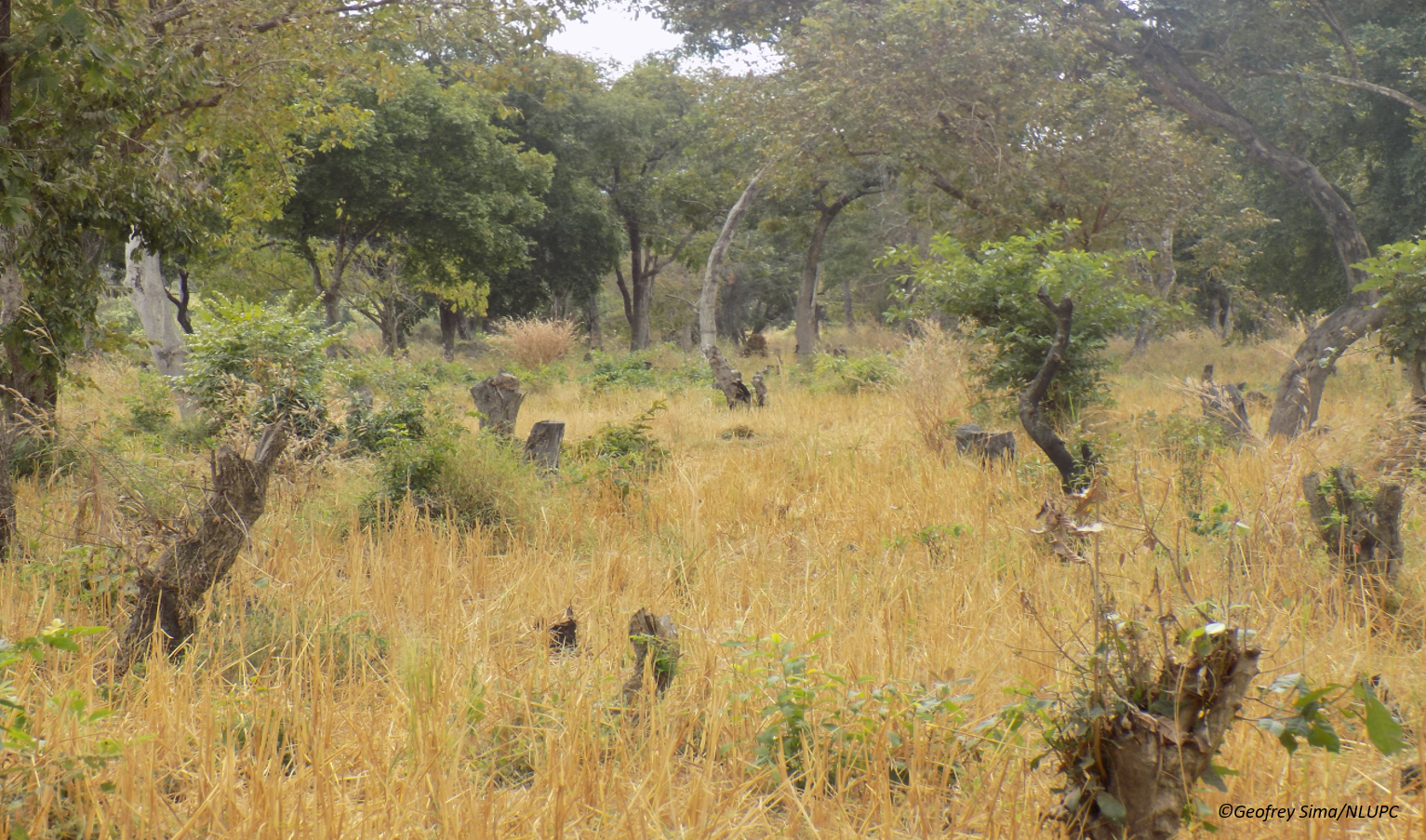
Africa is thought to be the most vulnerable continent to climate change given its predominately climate-dependent livelihoods, extensive water-stressed populations, and low adaptive capacity. Weak economies, institutions, and governance structures all contribute to the low adaptive capacity. Human activities have been a leading cause of climate change through activities such as fossil fuel burning and deforestation. Among the major climate change impacts include variations in rainfall patterns, extreme weather, habitat loss, and new disease challenges.
Climate change has direct impacts on ecosystems and biodiversity, but may also indirectly impact nature through human adaptation responses which are less understood. Through its Managing Global Change Impacts working group, the Africa Biodiversity Collaborative Group (ABCG) has surveyed coping responses of human communities to climate change in 10 African countries as well as the biodiversity impacts of those responses.
A survey by ABCG in Tanzania revealed that communities are experiencing hotter, drier, windier, and unpredictable seasonality due to climate change. ABCG member, the African Wildlife Foundation (AWF), led the survey in Tanzania’s Kilombero Valley, an internationally significant biodiversity area in 2017. AWF interviewed key informants who were able to offer an overview of community circumstances across the valley. Findings from the survey revealed that many communities responses to climate change are having a negative impact on biodiversity compounding the global crisis.
Located in the southern part of Tanzania, the Kilombero Valley is an important ecosystem supporting the livelihoods of the local communities living in the area and other parts of the country. The valley sustains a vibrant agricultural sector, is home to a Ramsar site, and separates the Selous Game Reserve and the largest block of Eastern Arc Mountains which features several protected areas.
Climate observations and livelihood impacts
Community members cited significant climate impacts on their livelihoods including extensive crop failures due to lack of water, increased human-wildlife conflict from crop-raiding by wildlife, an increased prevalence of diseases in humans and livestock, and decreased fish harvests.
Impacts on biodiversity
To cope with these climate-induced changes, communities are clearing natural areas to expand cropland in a bid to increase their harvest, overgrazing areas with their livestock, and illegally hunting wildlife. Collectively these responses are having undesirable impacts on biodiversity particularly due to agriculture expansion into previously natural areas. A study published in 2019 that analysed the land cover changes of the Kilombero Valley in the last 30 years found that at least 60% of Kilombero Valley wetlands have been converted to cultivated land. Local wildlife populations such as the endangered and endemic puku are declining as their habitat is reduced or degraded and they face heightened hunting pressure. The valley has experienced an overall decline in wildlife abundance and diversity.
Nature plays a crucial role in providing essential goods and service to humanity. From food provision, timber, tourism, to delivering water for hydropower. Efforts that would support to restore and preserve the rich biodiversity of the Kilombero Valley through supporting communities in stopping practices that contribute to its degradation are important in securing and preserving the health of the valley.
Promoting alternative response
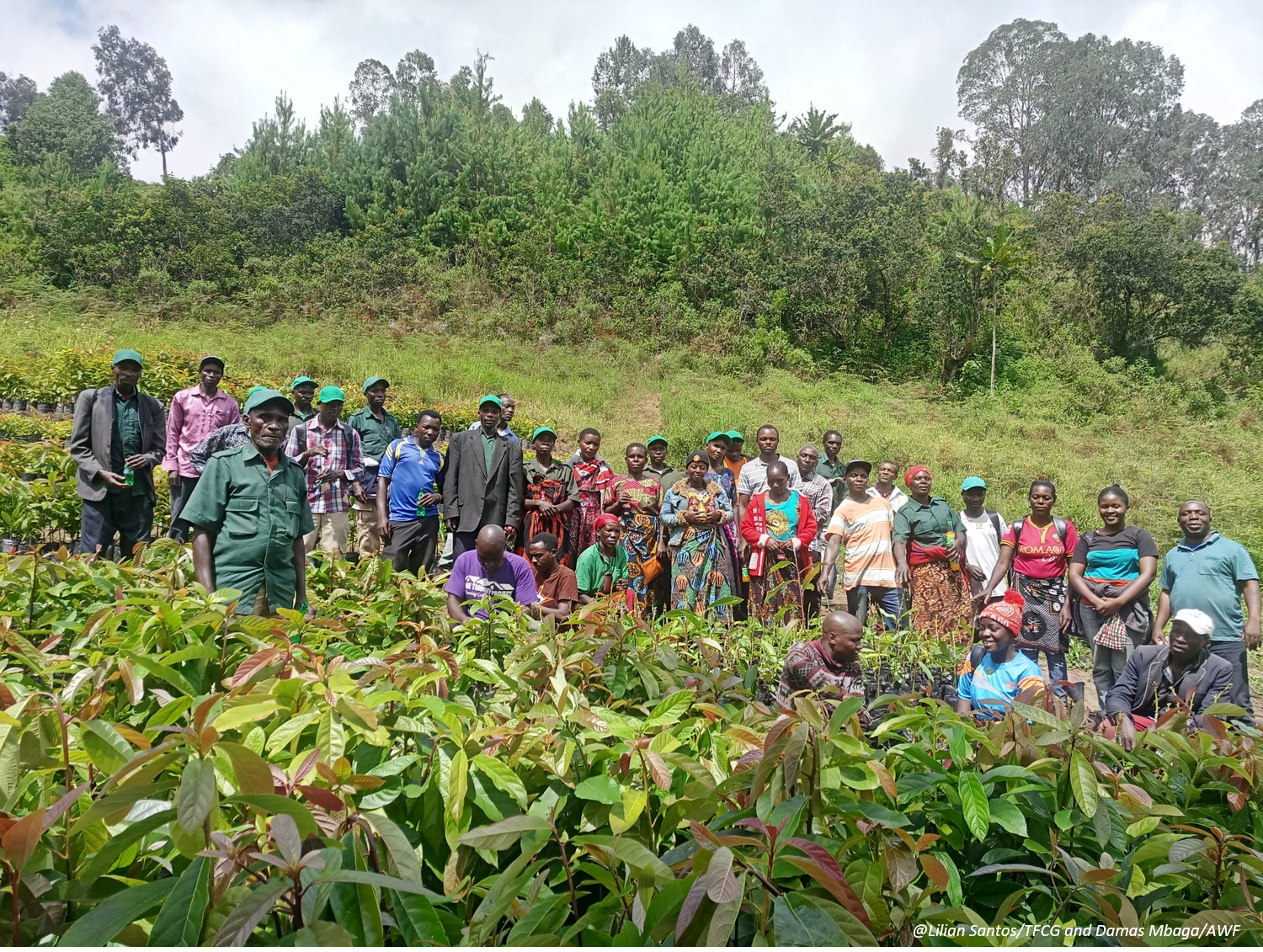
In 2019, AWF and partners organized community meetings to discuss the survey findings and formulate alternative but effective responses to climate change that will not have negative impacts on biodiversity. A forest restoration assessment performed by AWF and partners identified 38,656 ha of degraded areas in Kilombero’s Mngeta Valley suited to methods such as agroforestry, reforestation, afforestation, natural regeneration and riparian rehabilitation.
Guided by the assessment, AWF and the Tanzania Forest Working Group launched a reforestation activity targeting 1500 hectares involving communities in the Mngeta Valley in February 2020 where 22,347 tree seedlings were planted. Another 35,000 seedlings are yet to planted later in 2020. The reforested area will improve water provisioning to support agriculture and other activities while helping to reestablish ecological connectivity between the Kilombero Nature Reserve and Uzungwa Nature Forest Reserve where the valley lies.
The loss and destruction of natural habitat has been on the rise over the last decades. ABCG is working to stop this destruction by working together with the communities to develop interventions that would support them cope with climate change without affecting biodiversity.
For more information contact: dwilliams@awf.org
Related resources
For more information about the ABCG Global Change Impact work: Why its Important to Understand the effects of Humans Comping Responses to Climate Change on Nature
Climate change survey country reports: Climate Crowd
___________________________________________
The Africa Biodiversity Collaborative Group (ABCG) is a consortium of seven international conservation non-governmental organizations (NGOs): African Wildlife Foundation (AWF), Conservation International (CI), the Jane Goodall Institute (JGI), The Nature Conservancy (TNC), Wildlife Conservation Society (WCS), World Resources Institute (WRI) and World Wildlife Fund (WWF). ABCG is supported by USAID to advance understanding of critical conservation challenges and their solutions in sub-Saharan Africa.

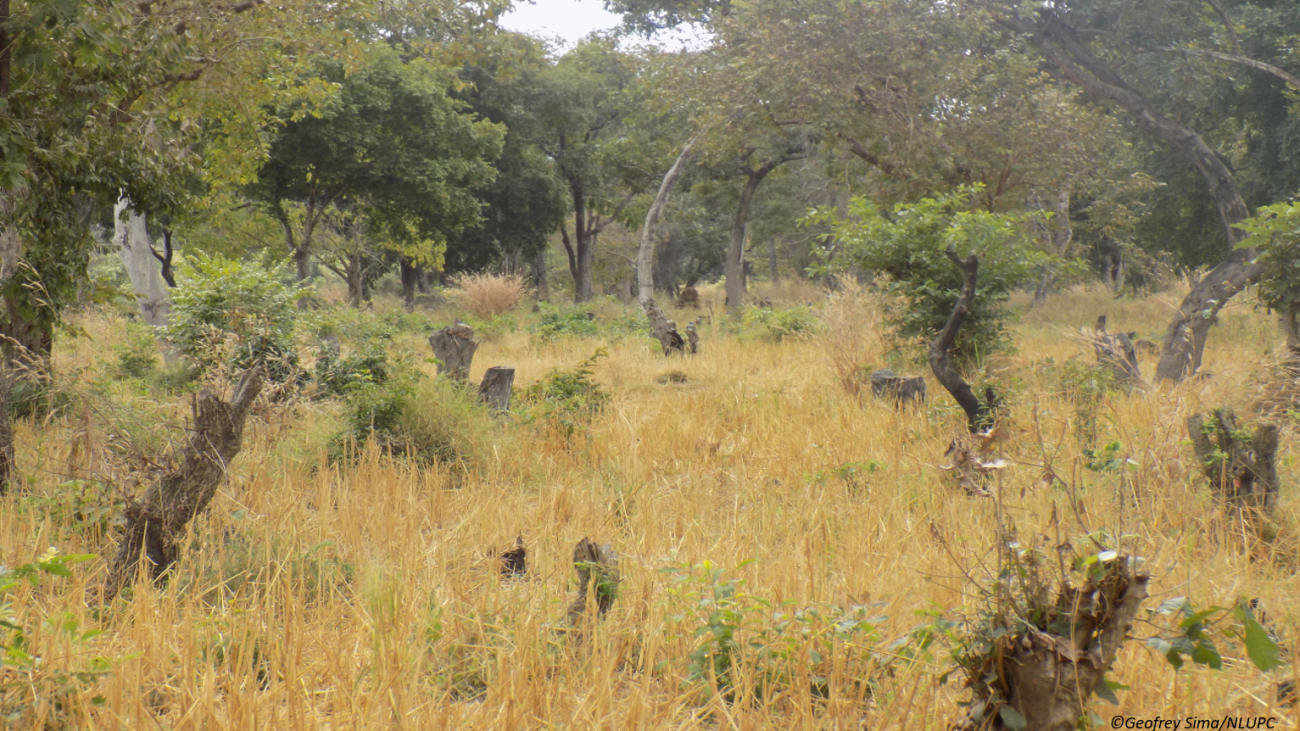
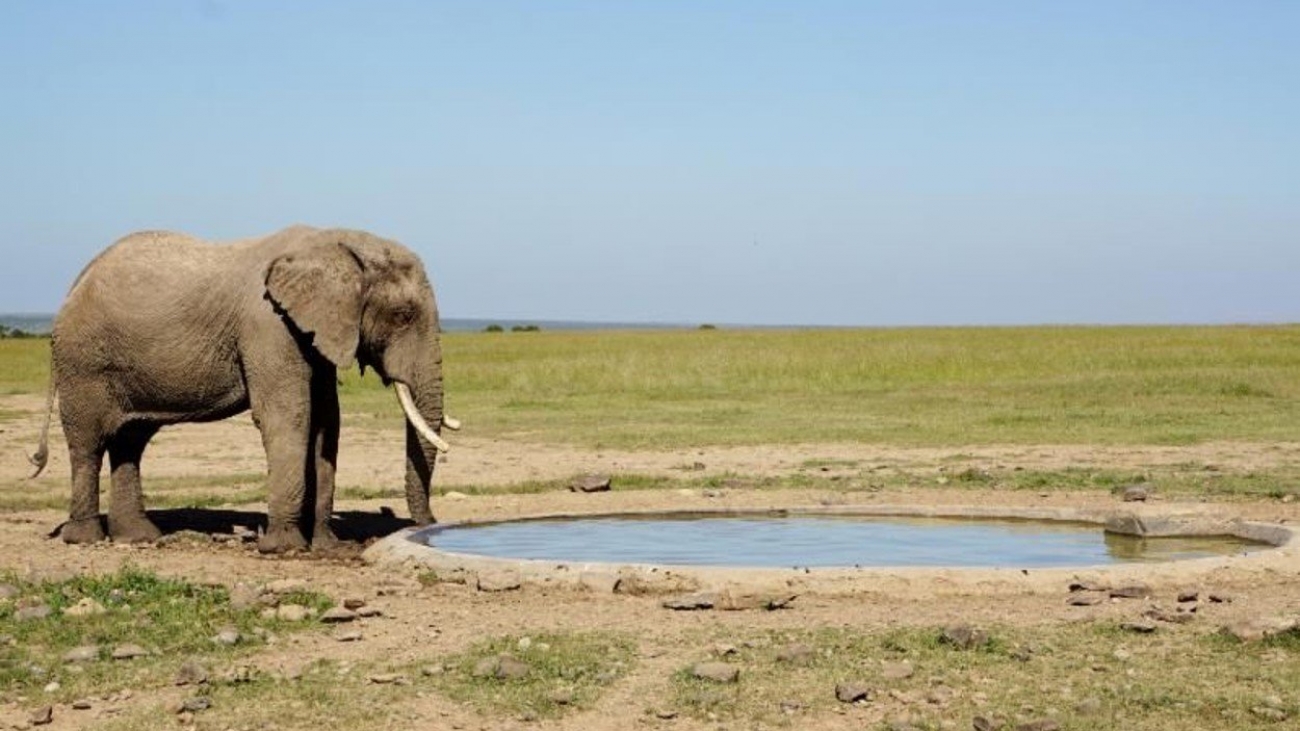
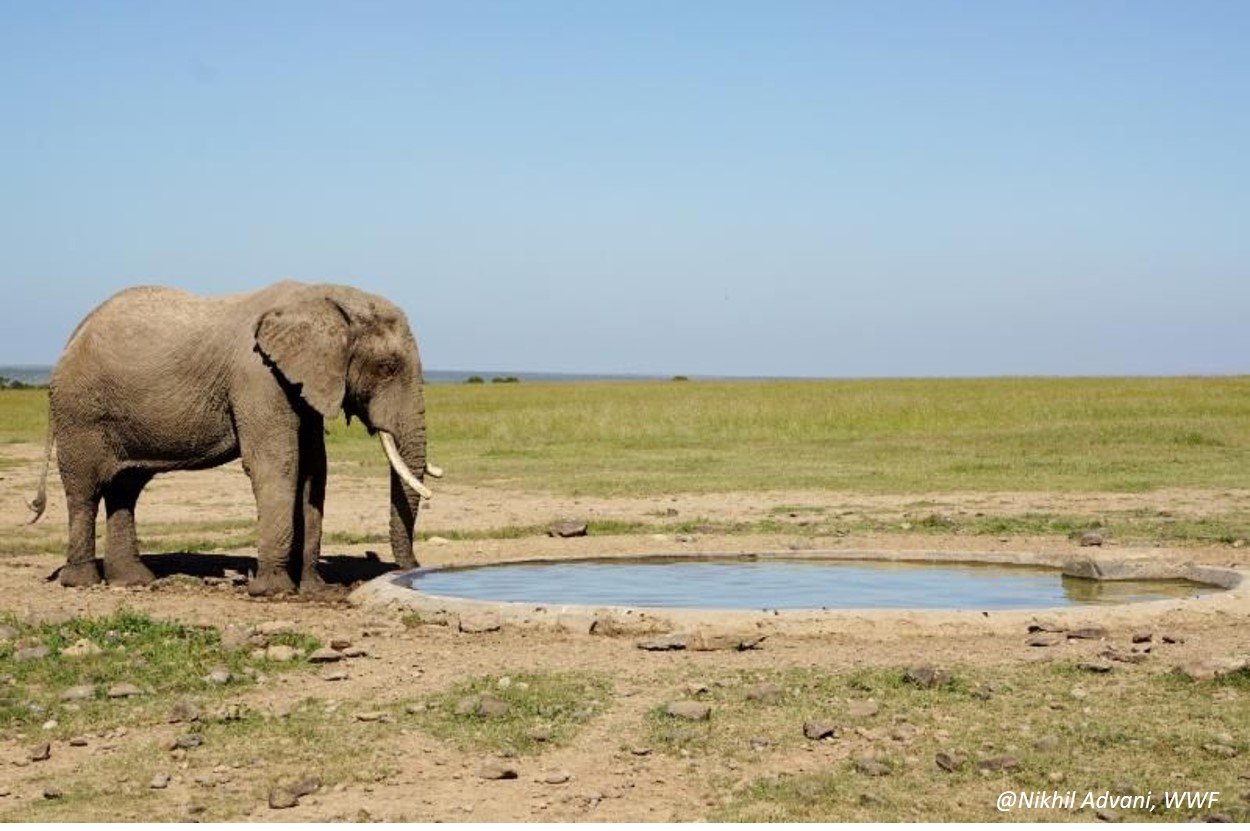 On April 22, 2020 the world celebrated Earth day, marking its 50th anniversary. The event reminded us the great task that we have as humanity of protecting our environment. This year’s celebrations come at a point in time when the world is fighting the effects of Corona virus, a global pandemic that has demonstrated how our survival on earth is very much dependent on how we take care of our planet. Scientists further warn that future pandemics could even be deadlier if we don’t take action now and protect our environment.
On April 22, 2020 the world celebrated Earth day, marking its 50th anniversary. The event reminded us the great task that we have as humanity of protecting our environment. This year’s celebrations come at a point in time when the world is fighting the effects of Corona virus, a global pandemic that has demonstrated how our survival on earth is very much dependent on how we take care of our planet. Scientists further warn that future pandemics could even be deadlier if we don’t take action now and protect our environment.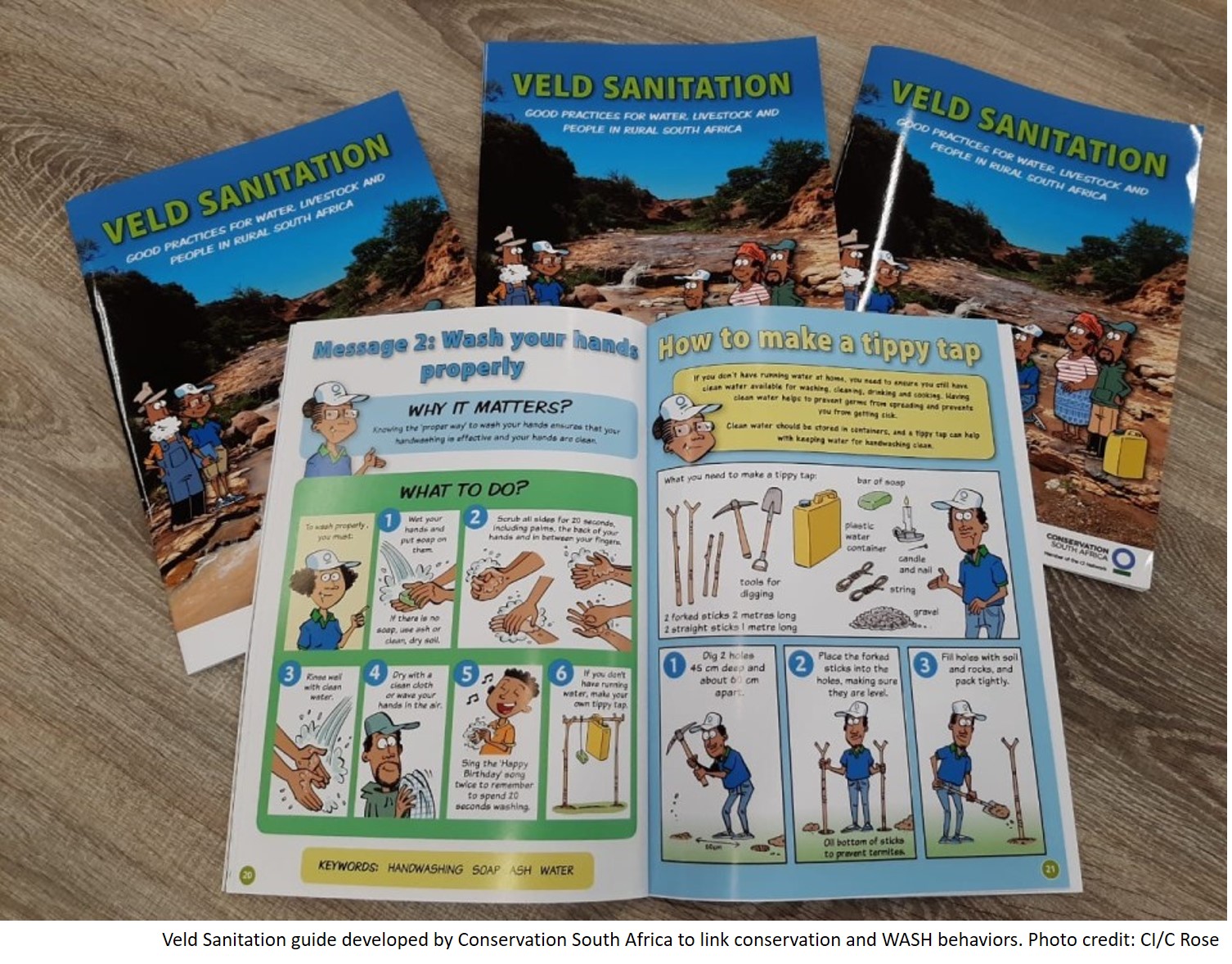 One of the assured ways for protecting ourselves against the pandemic is through proper hand washing and sanitation. Two ABCG’s FW-WASH task members from Conservation International, working on activities to integrate freshwater conservation (FW) and Water, Sanitation and Hygiene (WASH) so as to improve both conservation and human health outcomes, reflect on the current pandemic and their work.
One of the assured ways for protecting ourselves against the pandemic is through proper hand washing and sanitation. Two ABCG’s FW-WASH task members from Conservation International, working on activities to integrate freshwater conservation (FW) and Water, Sanitation and Hygiene (WASH) so as to improve both conservation and human health outcomes, reflect on the current pandemic and their work.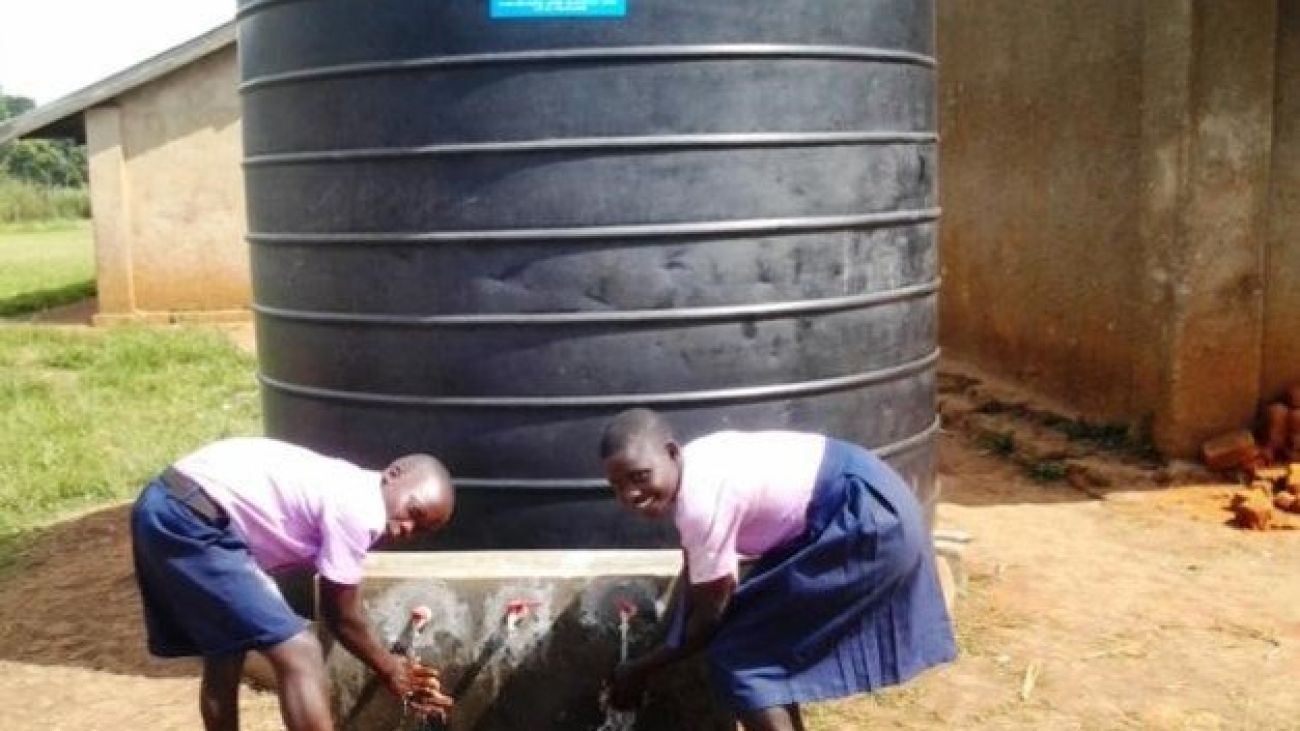
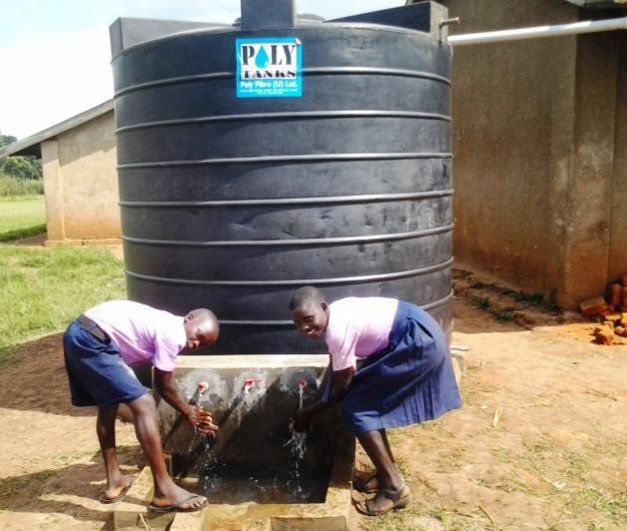 ‘Since I was in kindergarten in the little red schoolhouse in coastal Rhode Island, I have received handwashing messages in many forms – upbeat songs, large placards near sinks, and stern warnings from parents and grandparents. Flash forward to today, with repeated handwashing messages to prevent the further spread of COVID-19 reinforcing in my mind the fundamental links between personal hygiene, human health and clean water.
‘Since I was in kindergarten in the little red schoolhouse in coastal Rhode Island, I have received handwashing messages in many forms – upbeat songs, large placards near sinks, and stern warnings from parents and grandparents. Flash forward to today, with repeated handwashing messages to prevent the further spread of COVID-19 reinforcing in my mind the fundamental links between personal hygiene, human health and clean water.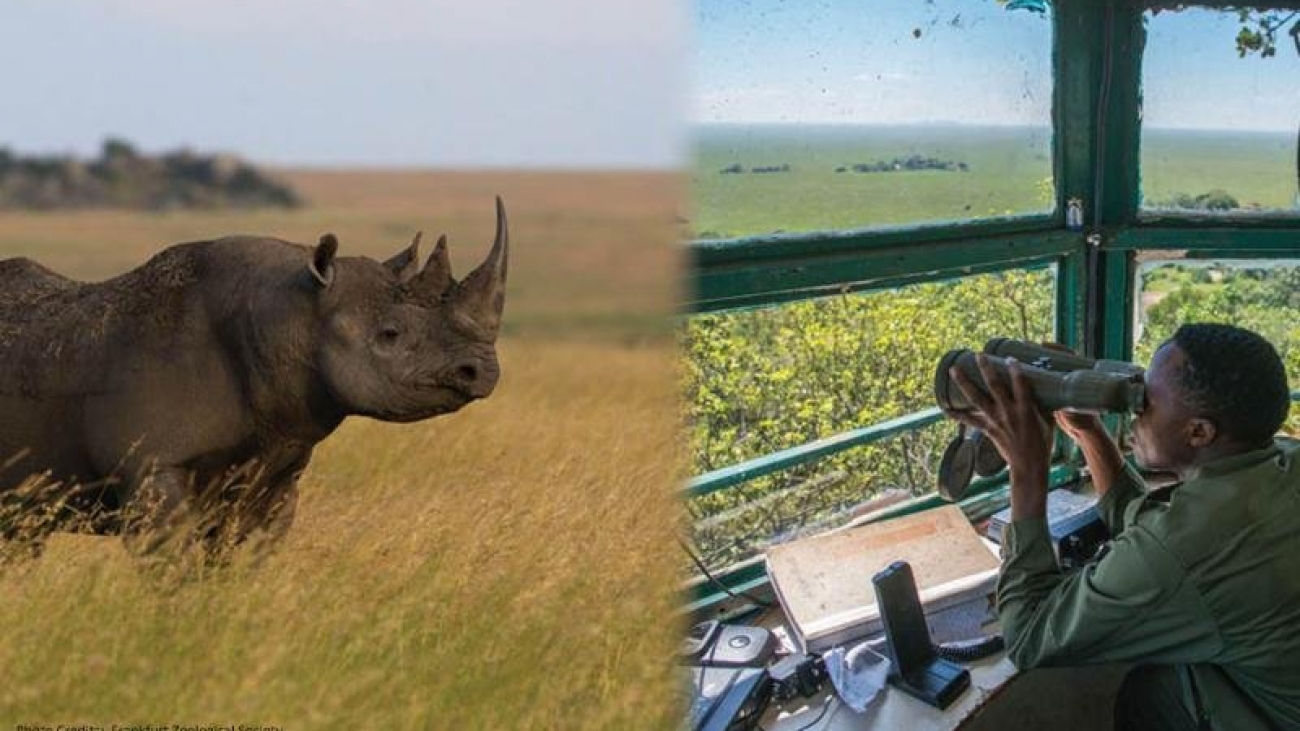
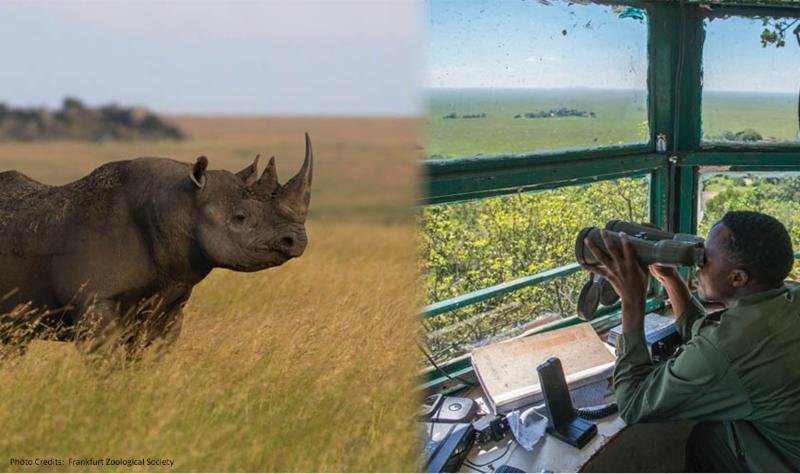
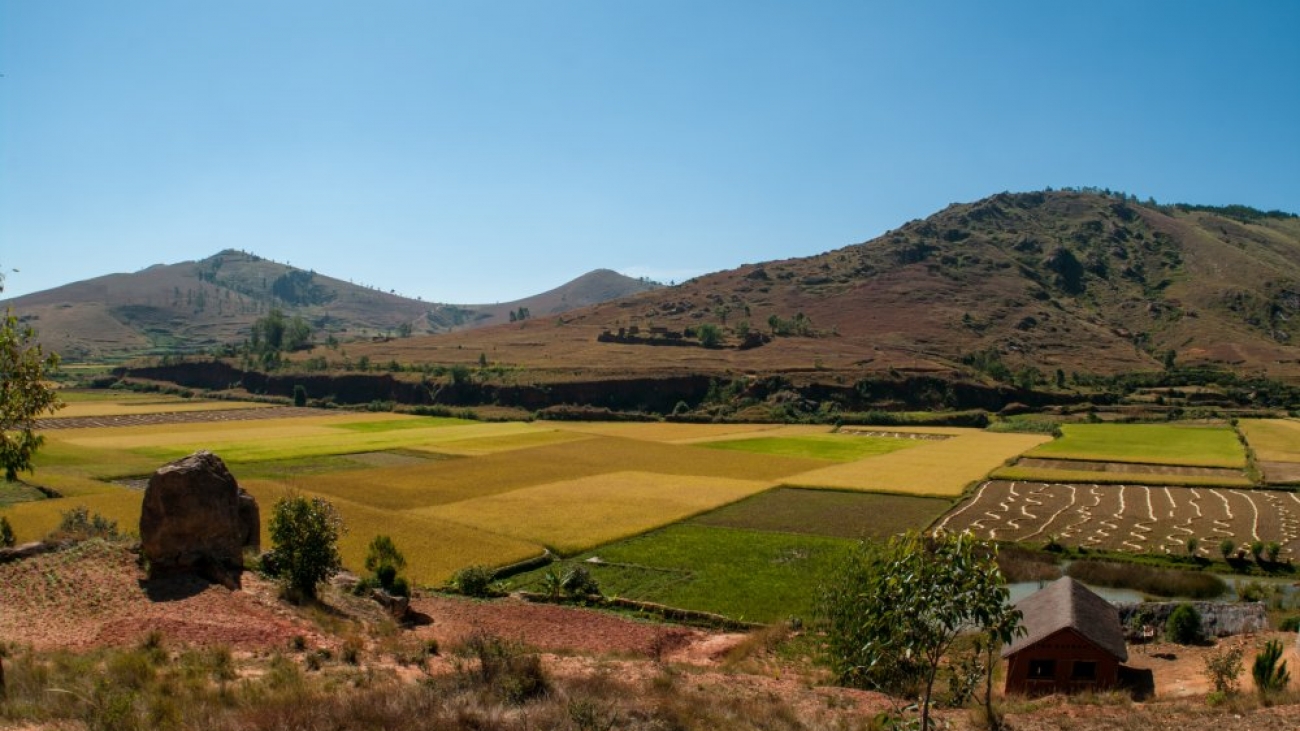
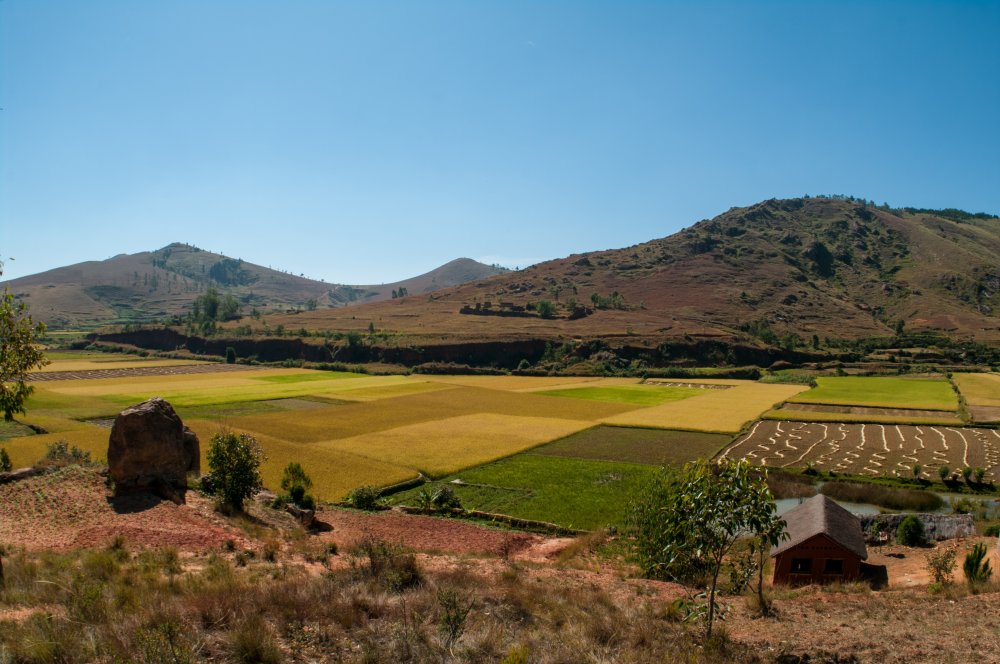
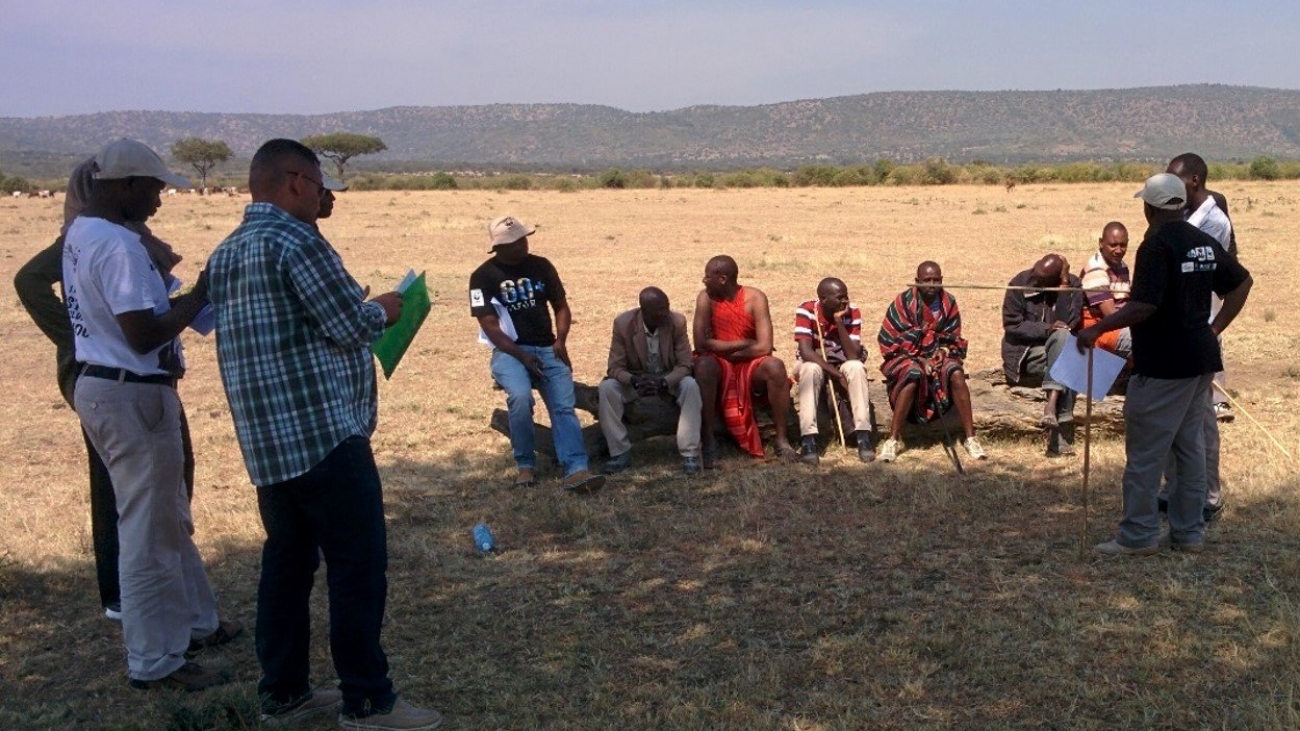
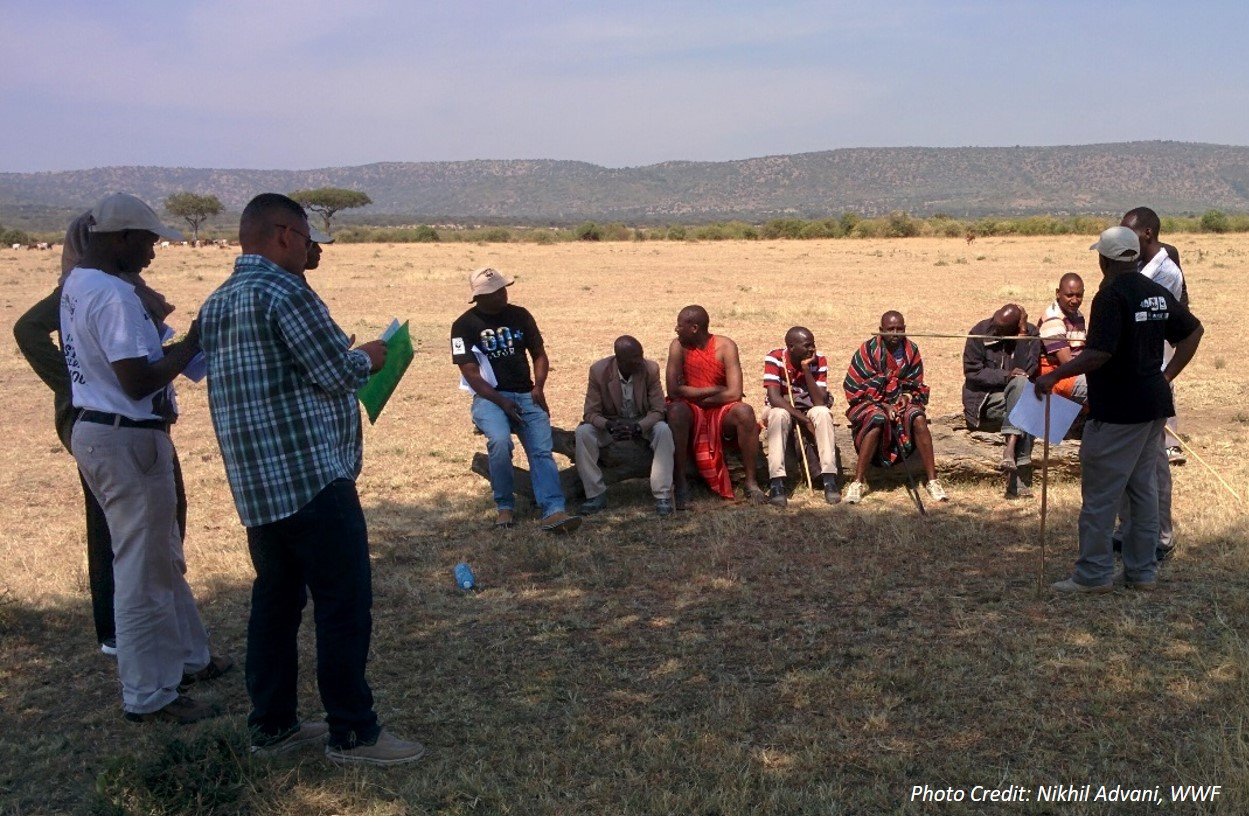 Climate change continues to be a major threat facing the world. The Africa Biodiversity Collaborative Group (ABCG) has been documenting human responses to climate change and their impacts on biodiversity, through its thematic working group on
Climate change continues to be a major threat facing the world. The Africa Biodiversity Collaborative Group (ABCG) has been documenting human responses to climate change and their impacts on biodiversity, through its thematic working group on 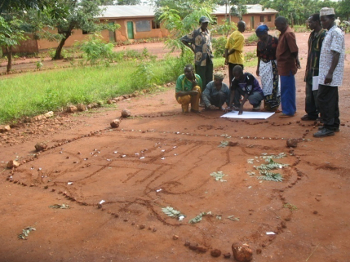 Recent Conservation International Publication:
Recent Conservation International Publication: